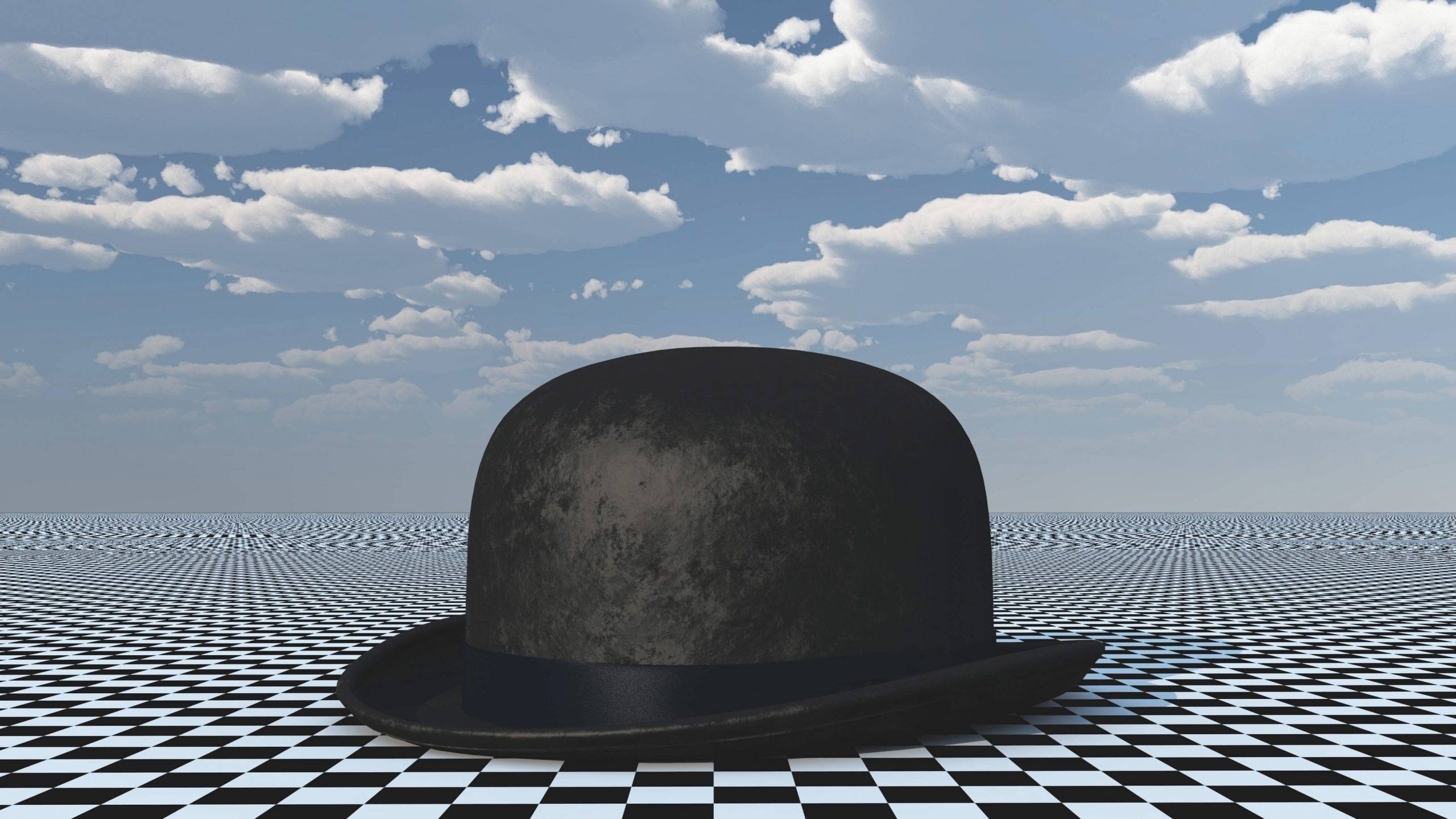The Unbearable Lightness of Being

The Unbearable Lightness of Being is a novel written by Milan Kundera. The bowler hat is one of its motifs. (rolffimages via Adobe Stock)
If someone offered you a life that repeated itself infinitely, would you take it? Life as we know it is deprived of weight; for every event occurs only once. Thin and fleeting, the present is inscrutable. The future is shrouded by uncertainty. Friedrich Nietzsche, for one, favoured repetition: the beauty of necessity. A life of eternal recurrence? Divine!
The Unbearable Lightness of Being by Milan Kundera is a story about the heavy and the light. The heavy signifies fate: the force of being ‘nailed to eternity’, of carrying the ultimate responsibility of our actions by seeing them repeat, their necessity, their reality, and their truth.
The light signifies the present: its weightlessness, ethereality, and the absence of burden.
Which is the correct approach to life: heavy or light? Nietzsche and Parmenides disagree on which is the positive pole.
According to Nietzsche’s eternal return, fate is to be loved. In it we face what is necessary and thereby see beauty. Amor fati!
Parmenides, by contrast, saw splendidness in constancy. He forbade change, let alone a perpetuity of things coming in and out of existence. Reality is unchanging; being cannot be dispelled, regathered, or repeated. Lightness is cherished.
The answer remains ambiguous to us all. Indeed, Kundera’s characters slew between both sides of the dilemma. Though one senses Kundera himself is drawn to the heavy.
Our experience of love (amongst many other things) exemplifies the opposition of heavy and light.
In love you attach yourself to The One: the person with whom you could spend eternity, over and over. Love is therefore heavy: undying and unable to be thinned by repetition. ‘En muss sein!’ Kundera cites Beethoven: ‘It must be so!’ Love is a necessary connection.
Yet, in imagining just one small change to the past, we meet an unbearable lightness. ‘Es könnte auch anders sein,’ writes Kundera: ‘It could just as well be otherwise’.
Life is full of such mysterious oppositions and ambiguities.
